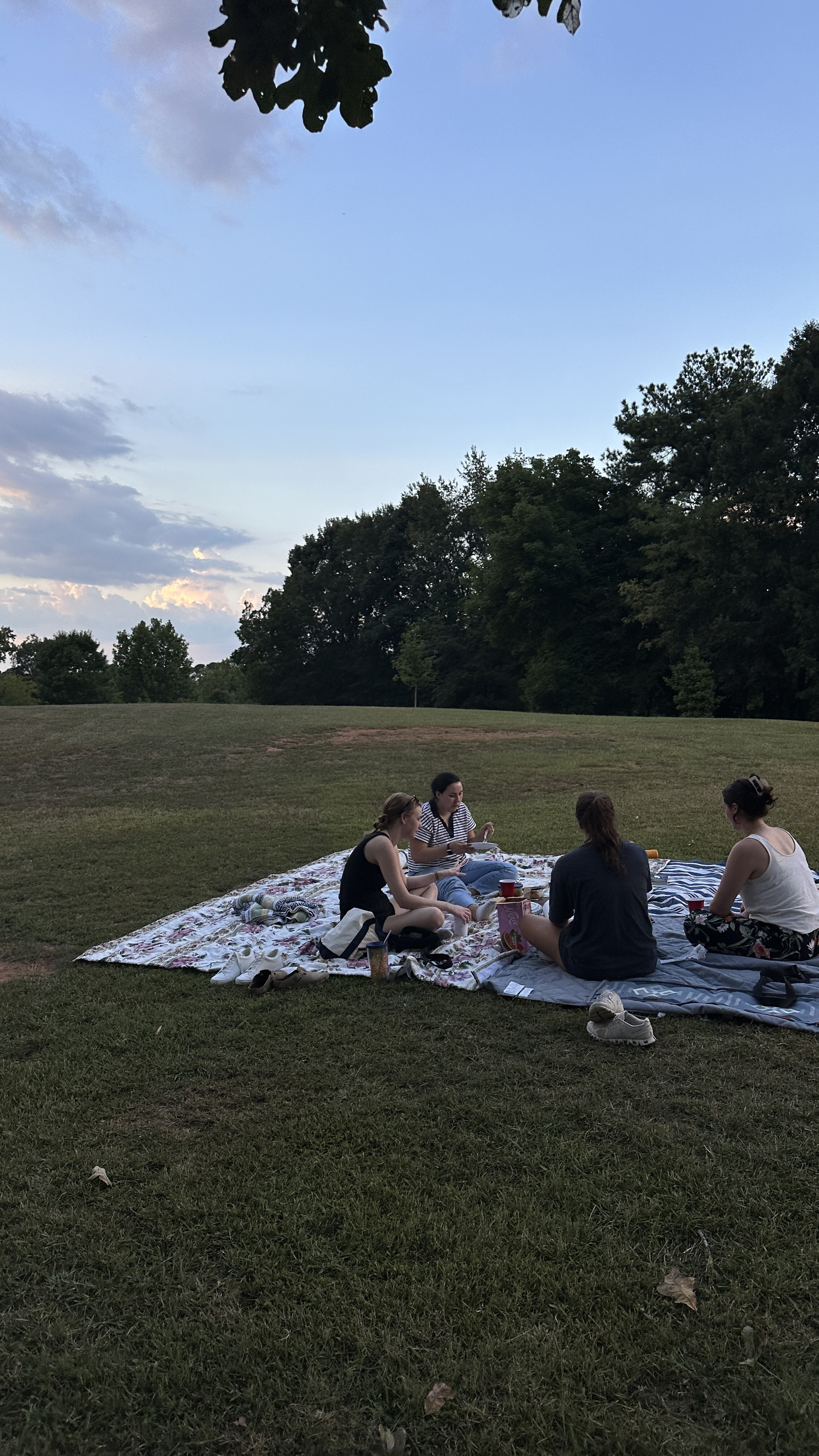
by Brent Cunningham on November 01, 2023
I remember some time ago listening to a sermon on thankfulness. Through it, I was challenged by how often I thoughtlessly neglect an appropriately thankful response to God. The Scripture that we considered was Luke’s account of Jesus healing the 10 lepers, while specifically noting how only one of those 10 returned to give thanks to God for His healing (Luke 17:11-19). A point was made in the sermon that, while Jesus was not in any deep need of receiving accolades, He did strongly commend the one man who returned simply to give thanks. The question that remained in my mind was, “Why does God want us to mirror this same response of gratefulness to Him if He is not in need of our thankfulness?”
As I reflect on how I’ve tried to teach my own children to be thankful, when they were very young, several thoughts arose that might be instructive for why God desires us to give Him thanks. Let me offer just one that challenged my own understanding of my relationship with God.
God wants us to cultivate thankfulness so that we see past the gift to the giver.
One reason why my wife and I were so exacting about our children saying “Thank you” to us when we gave them things was not because we had big egos and needed constant praise from toddlers. But we did want a relationship with those toddlers. And their act of thanking us required that our children take their eyes off the gift for a moment, turn to Dad and Mom, and engage in relationship with their eyes, words, and sometimes a hug. Our demand for their thankfulness was more for them than it was for us. We didn’t need their thankfulness nearly as much as they needed to become the kind of people who are naturally and easily thankful.
Subscribe to the Timberline Church Blog
Now, it’s important to realize that anytime we give to our children, we do so not in order to gain a relationship with them, but rather because we already have a relationship with them, and the giving naturally grows out of that sort of relationship. But the danger that lurks behind this giving component of a relationship is that my child would direct more adoration and affection toward the gift than toward the one who gave it. Therefore, I’m certain that my learning to cultivate thankfulness helps me avoid this danger.
Questions for further thought:
- Do you think it’s possible to be both thankful and entitled at the same time? If not, what does that tell you about the importance of living thankful?
- Does thankfulness to God lead to thankfulness to people or are they disconnected virtues?
- How can you tell when you are neglecting to be thankful
- How are your relationships impacted when you neglect thankfulness?




